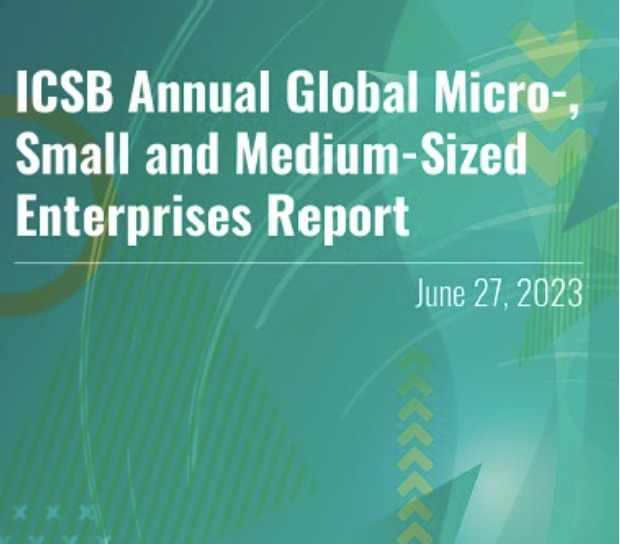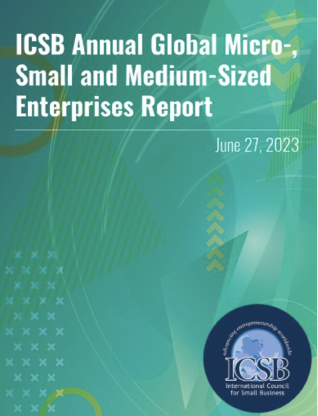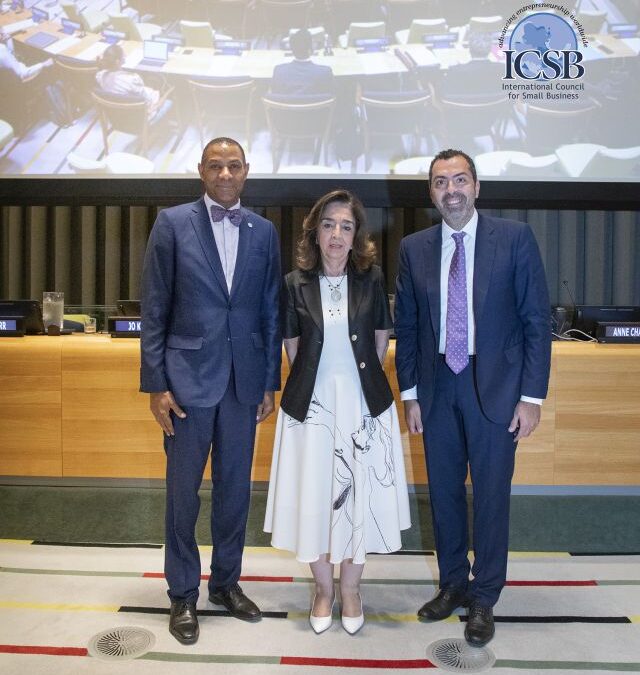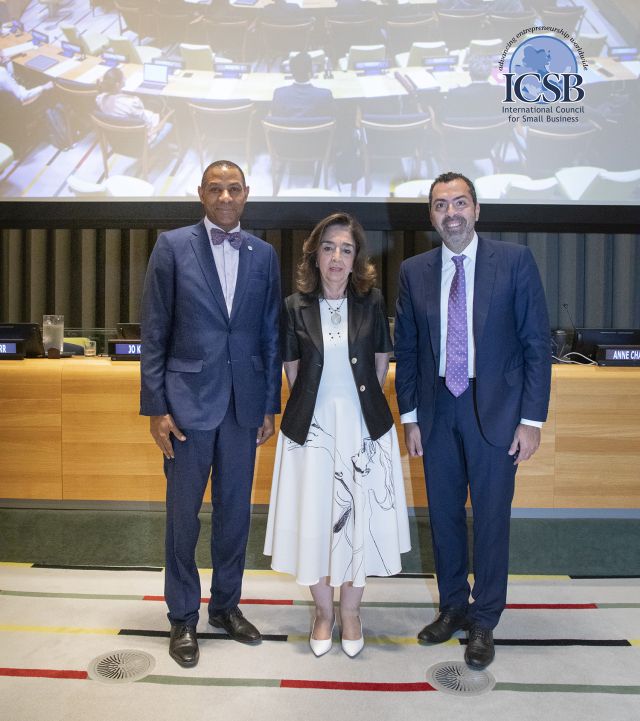
KatiaPasserini
Aug 3, 2023 | News | 1, News | 2, reflections, SME World Forum Site, The Latest, World Congress Site

A New Chapter at Seton Hall: Dr. Katia Passerini Appointed as Interim President,
Blazing New Grounds in Education
🎓 Announcement and Congratulations to Seton Hall University!
I am thrilled to share the Board of Regents’ unanimous decision to appoint Dr. Katia Passerini as Interim President of Seton Hall, effective immediately.
Dr. Katia Passerini is also the Managing Editor of ICSB’s Journal for Small Business Management (JSBM). She is credited with Dr. Eric Liguori for making JSBM the leading journal for Associate Editor gender balance and the number one academic journal in entrepreneurship and small business domain to make a pledge that all submitted papers are published within 100 days of receipt. Our partners Taylor & Francis Group have accomplished this new cutting-edge solution excellently.
Katia Passerini is an award-winning writer and co-authored a best-selling book titled The Future of Business Schools: Purpose, Action, and Impact with the lead author from HEC, Dr. Baldegger Rico, Director and Professor of Strategy, Innovation, and Entrepreneurship at the School of Management Fribourg (HEG-FR).
Since joining as Provost and Executive Vice President in June 2020, at the peak of the global pandemic, Interim President Passerini has been instrumental in the University’s success. Her leadership in implementing the HyFlex teaching modality enabled Seton Hall to navigate the challenging times and achieve a safe and robust in-person academic year in 2020-21.
Her dedication, innovative approach, and unwavering commitment to excellence have been vital in steering the institution through uncharted territories. The future looks bright under her stewardship.
Please join me in congratulating Dr. Passerini and wishing her and the entire Seton Hall community success! 🎉
ICSB is very proud of you, JSBM thanks you for her continued leadership, and I think Dr. Passerini is just starting a remarkable career in creating a more dynamic Human-Centered world dedicated to improving the education field and teaching our upcoming leaders.
ICSB Family Congratulates You!










